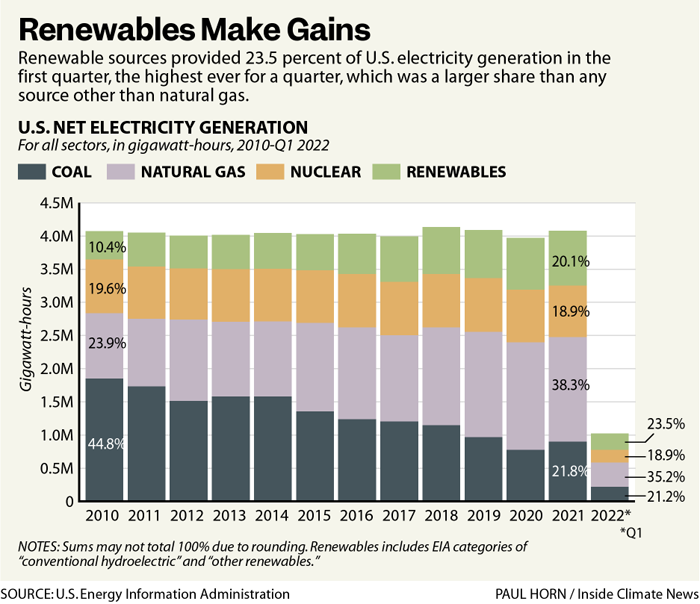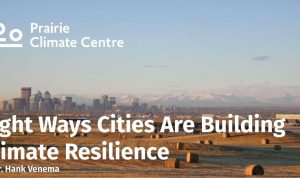Renewable Energy Use Hits New Record, marking an impressive milestone in the global transition towards sustainable energy sources. As concerns about climate change and environmental degradation grow, this uptick in renewable energy utilization underscores the world’s commitment to reducing carbon emissions and embracing greener alternatives. Various factors, such as technological advancements, favorable policies, and increased public awareness, have fueled this growth, showcasing a collective effort towards a cleaner future.
In recent years, the surge in solar and wind energy production, along with significant investments in innovative technologies, has contributed to breaking previous records. This trend not only signifies a shift in energy consumption patterns but also highlights the potential for job creation and economic growth in the renewable sector.
In today’s fast-paced world, the importance of effective communication cannot be overstated. Whether in personal or professional settings, the ability to convey ideas clearly and persuasively is essential. This article delves into the various aspects of communication, exploring its significance, types, barriers, and ways to enhance one’s communicative skills.Communication, at its core, is the process of exchanging information, ideas, thoughts, and feelings between individuals or groups.
It encompasses verbal, non-verbal, written, and visual forms, all of which play a crucial role in how we interact with others. The significance of communication extends beyond just sharing information; it facilitates understanding, builds relationships, and fosters collaboration. In professional environments, effective communication can lead to increased productivity, better teamwork, and enhanced problem-solving capabilities.Firstly, let’s explore the different types of communication.
Verbal communication involves the use of spoken or written words to convey messages. This can occur in face-to-face conversations, telephone calls, video conferences, or through written documents such as emails, reports, and letters. Active listening is a vital component of verbal communication, as it ensures that the recipient fully understands the message being conveyed.Non-verbal communication, on the other hand, refers to the transmission of messages without the use of words.
This includes body language, facial expressions, gestures, and even the tone of voice. Non-verbal cues often complement verbal communication, providing additional context and emphasis to the spoken word. For instance, a warm smile can convey friendliness and openness, while crossed arms may suggest defensiveness or reluctance.Written communication is particularly important in today’s digital age, where emails, instant messaging, and social media have become dominant forms of interaction.

Clarity and conciseness are key in written communication to avoid misunderstandings. The use of proper grammar, punctuation, and formatting also contributes to the professionalism and effectiveness of written messages.Visual communication involves the use of images, symbols, and other visual elements to convey information. This can include charts, graphs, infographics, and presentations. Visual aids can enhance understanding and retention of information, making them invaluable tools in both educational and professional contexts.Despite its importance, communication is often hindered by various barriers.
These barriers can be categorized into physical, psychological, linguistic, and cultural factors. Physical barriers may include environmental noise, distance, or technology issues that disrupt communication flow. Psychological barriers, such as stress, anxiety, or preconceived notions about the message or sender, can also impede understanding. Linguistic barriers arise when there is a lack of common language or when jargon is used that may not be understood by all parties.
Finally, cultural barriers can impact communication due to differing values, beliefs, and social norms across diverse backgrounds.To enhance communication skills, individuals can adopt several strategies. Firstly, developing active listening skills is crucial. This involves giving full attention to the speaker, acknowledging their message, and responding thoughtfully. Additionally, being aware of non-verbal cues can help individuals better interpret the emotions and intentions behind spoken words.
Practicing empathy by trying to understand the perspective of others can also foster more effective communication.Another effective strategy is to practice clarity in both verbal and written communication. This includes organizing thoughts before speaking or writing, using simple and direct language, and avoiding unnecessary jargon. It is also beneficial to tailor communication style to the audience, considering their preferences and background for more relatable and engaging exchanges.In the workplace, fostering an open communication culture is essential.
This can be achieved by encouraging feedback, promoting transparent discussions, and providing opportunities for team members to voice their opinions and concerns. Regular team meetings, brainstorming sessions, and one-on-one check-ins can facilitate a more communicative environment.Moreover, technology plays a significant role in modern communication. Utilizing collaborative tools, project management software, and communication platforms can streamline interactions and enhance team coordination, especially in remote work settings.
However, it’s important to balance technology use with personal interactions to maintain meaningful connections.As we navigate the complexities of communication, it is vital to remain aware of the ever-evolving landscape. The rise of social media and digital communication has transformed how we connect with others. While these platforms provide new avenues for communication, they also present challenges such as misinterpretation, cyberbullying, and the potential for superficial relationships.
Therefore, developing digital literacy skills is essential to navigate these challenges effectively.In conclusion, effective communication is an indispensable skill that significantly impacts our personal and professional lives. By understanding the various types of communication, identifying potential barriers, and implementing strategies to enhance our skills, we can foster better relationships, collaboration, and understanding. As we continue to evolve in an increasingly interconnected world, prioritizing clear and empathetic communication will undoubtedly lead to more successful interactions and outcomes.
General Inquiries: Renewable Energy Use Hits New Record
What constitutes renewable energy?
Renewable energy comes from natural sources that are continually replenished, such as solar, wind, hydro, and geothermal energy.
How does renewable energy impact the economy?
Renewable energy can stimulate economic growth by creating jobs, reducing energy costs, and decreasing reliance on imported fuels.
What are the environmental benefits of using renewable energy?
Using renewable energy helps reduce greenhouse gas emissions, decrease air and water pollution, and conserve natural resources.
Can renewable energy fully replace fossil fuels?
While it’s challenging to completely replace fossil fuels, increasing renewable energy adoption can significantly reduce their use and impact.
What role do governments play in promoting renewable energy?
Governments can incentivize renewable energy development through subsidies, tax breaks, and supportive legislation aimed at reducing barriers to entry.






